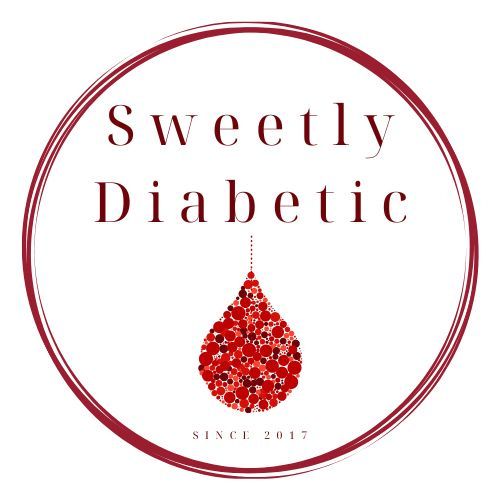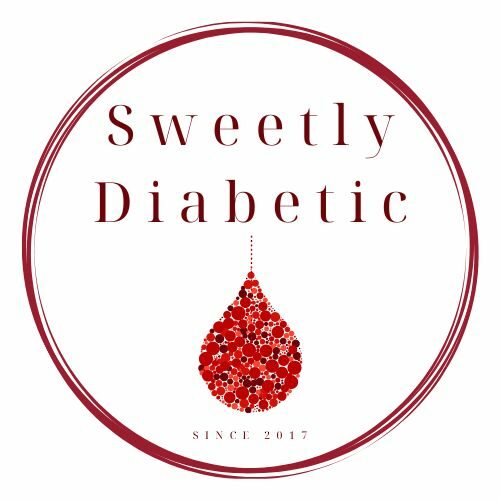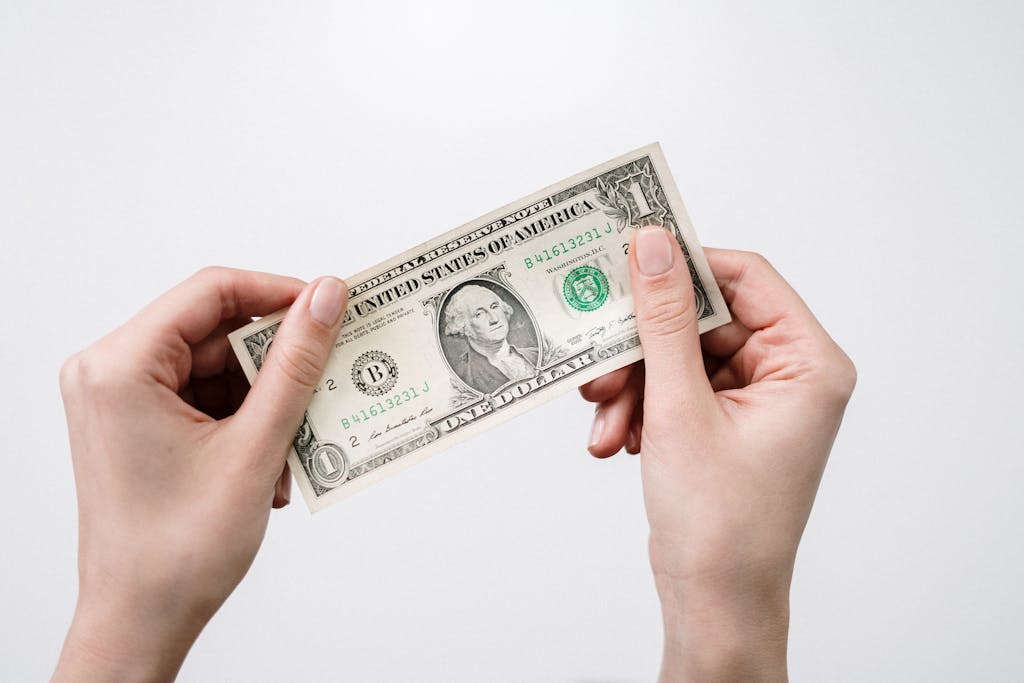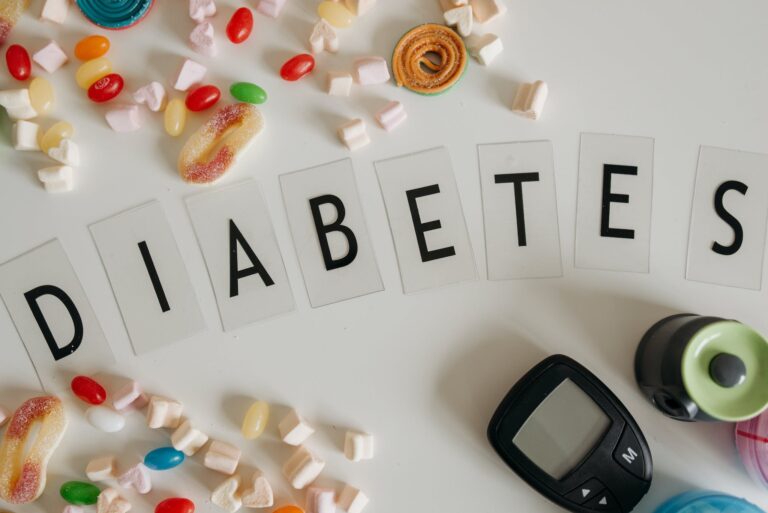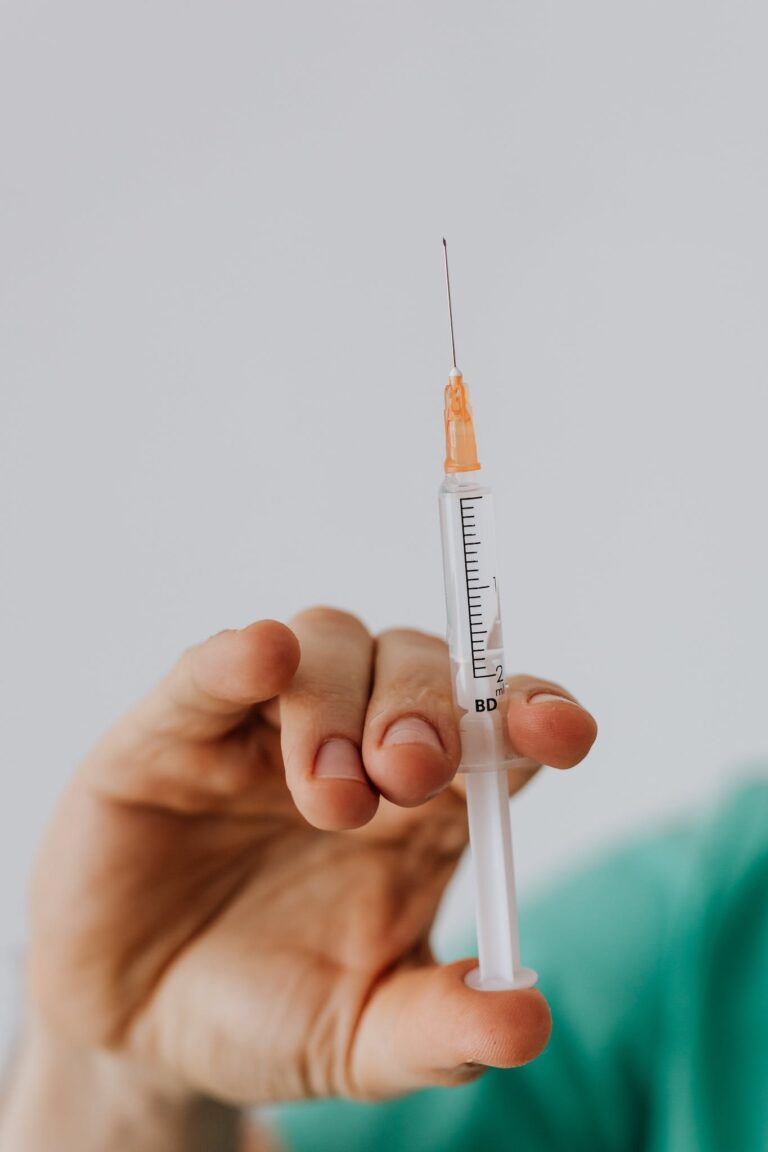Breaking the Misconception
Type 1 Diabetes is Not My Fault
Receiving a diagnosis of Type 1 diabetes can be overwhelming and challenging. It’s a chronic condition that requires lifelong management, and often, it’s not fully understood by those who haven’t experienced it firsthand. Unfortunately, misconceptions and well-meaning but misguided comments can add to the burden.
One common misconception is the idea that individuals can give themselves diabetes or that they can reverse it through lifestyle changes like better eating habits and increased exercise. Such comments, although well-intentioned, are far from helpful.
In my case, my blood work revealed that I was born with the antibodies associated with Type 1 diabetes, also known as Juvenile Diabetes or Insulin-dependent Diabetes. These antibodies can remain dormant for years until they are triggered by a virus or a traumatic event. The truth is, I didn’t cause my diabetes, and I had no control over its onset.
Common Phrases I’ve heard
“Have your sugar cravings stopped yet?”
“You must have eaten a lot of sweets.”
“I know what that doctor told you, but you can’t get Type 1 this late in life.”
“What have you been eating lately?”
“You should start juicing.”
“With diet and exercise you should be able to reverse this.”
“My friend had that, but doesn’t now because she took better care of herself”
“You should go see my chiropractor.”
“I’m really tired, too. Maybe that is what I have.”
“I thought diabetics were fat.”
The many versions of my “Are you serious?” look.






The reality is that I wasn’t experiencing outrageous sugar cravings or indulging in a poor diet that led to my pancreas failing. I had lived nearly 35 years with these dormant antibodies, not even developing gestational diabetes during my pregnancies. I had always maintained an average, healthy body type.
One of the most pervasive and damaging misconceptions is the idea that individuals can somehow cause or “give themselves” Type 1 diabetes. This belief is not only unfounded but can be emotionally distressing for those living with the condition.
From my research, the two most common reasons for adult-onset diabetes are trauma or a virus. One of these two events triggered the dormant antibodies to attack my pancreas. There is not a whole lot I could have done to stop it.
Story Time
My journey with Type 1 diabetes led me to a story from the 1930s. In order to protect the innocent, we will call this friend Ralph.
Ralph attempted to join the military to fight in World War II but faced three main hurdles during the medical examination.
- He was underweight.
- He could not hold his breath long enough to pass part of the exam (shortness of breath).
- He had poor vision.
Unbeknownst to him, he had Type 1 diabetes at the time. In an attempt to gain weight, he started drinking milkshakes daily, believing it would help him meet the military’s requirements. Soon after, he received a diabetes diagnosis, and his family attributed the condition to his daily milkshake consumption.
I believe the outcome of the military exam was early signs of Diabetes and the milkshakes just made it more apparent.
It’s heart-wrenching to imagine being diagnosed with a chronic illness in one’s twenties and then enduring a lifetime of blame and guilt from yourself and those around you. Even in 2023, his family continues to hold the belief that he brought diabetes upon himself through too many milkshakes.
Similarly, his grandson was diagnosed with Type 1 in his late twenties and faced accusations from his family that he, too, was responsible for his condition due to his dietary choices at the time. Despite sharing symptoms such as shortness of breath, exhaustion, blurry vision, and weight loss — symptoms often misunderstood or dismissed. I’d argue that they were both born with this disease and if they were diagnosed as adolescents no one would have blamed them for doing this to themselves. It’s just bad genes.
Supporting Those with Diabetes
I feel that it’s essential to dispel the misconception that Type 1 diabetes is self-inflicted. It’s a condition that can strike at any age, and the blame game is neither fair nor accurate. Instead, let’s work together to support and empower those dealing with diabetes (Type 1 or 2), recognizing that it’s a condition that requires understanding, compassion, and a united front in the face of misconceptions.
If you would like to read more here is a helpful article from the Mayo Clinic.
